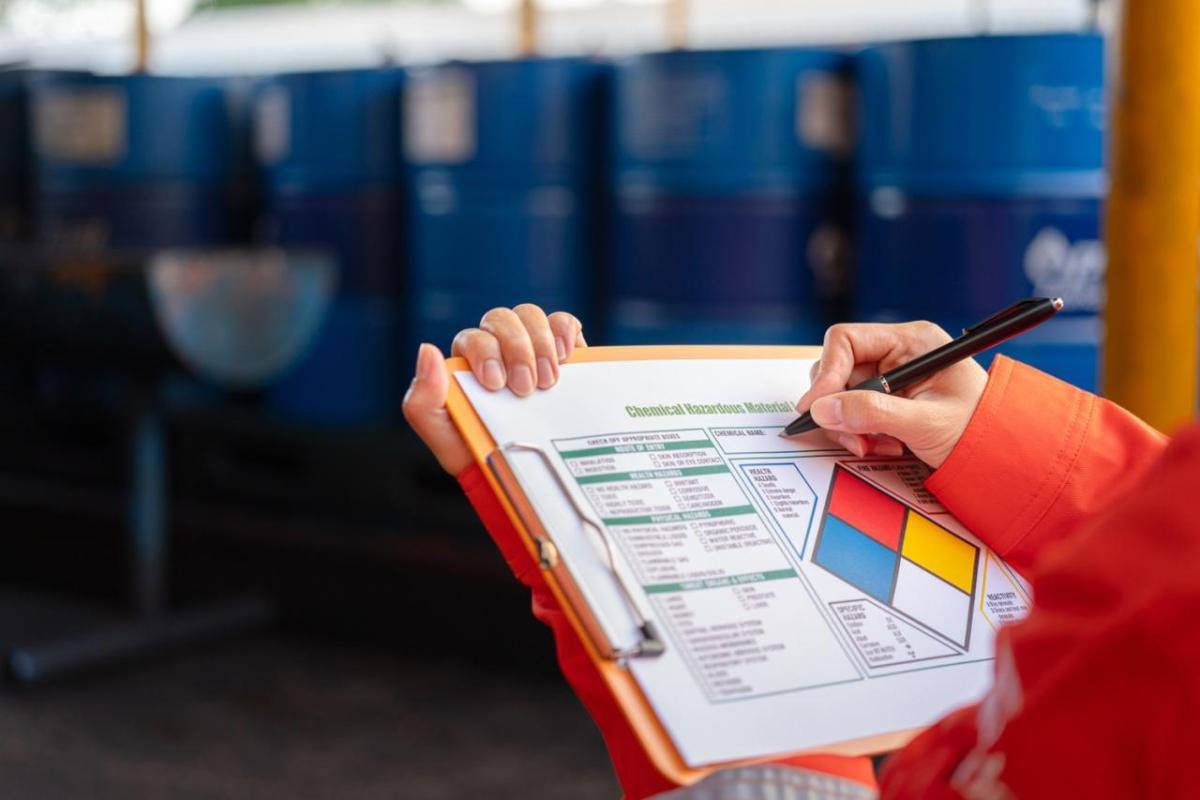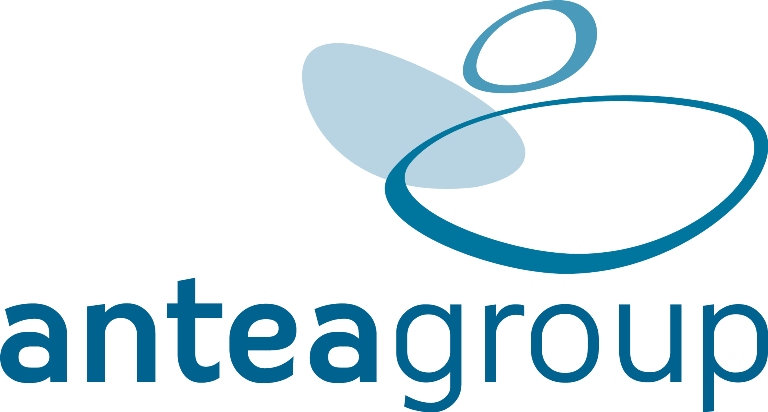Three Key Changes to TSCA This Year

The Environmental Protection Agency (EPA) through the Toxic Substance Control Act (TSCA) have made significant changes to legislation to collect chemical related data imported/exported and used within US based industry processes. These changes further control substances and protect the environment and human health from related exposures of hazardous substances used in products and processes. Additionally, it helps monitor and control substances imported and exported across the US borders. The results of the data collected will be used to refine and implement more changes within this regulatory body.
In addition to the traditional reporting requirements, such as pre-manufacture notifications for new chemical substances and significant new use, TSCA has added additional reporting requirements for this year’s chemical data reporting, including increased stringency on PFAS reporting, and an updated rule specific to Methylene Chloride to reduce exposure risks.
Chemical Data Reporting
As part of TSCA, technology and consumer industrial manufacturers, including importers of chemical substances, are required to report chemical data to the EPA once every four years with the next cycle currently underway. The latest submission cycle began on June 1, 2024, and manufacturers will have until September 30, 2024, to report their data to the EPA. For this reporting cycle, manufacturers must report their activities for the calendar years 2020-2023, with 2023 being the principal reporting year. The determination of the need to report is based on the production volume of certain chemical substances during any of the calendar years from the last principal reporting year – in this case 2020 through 2023. For 2020, manufacturers considered production volumes from 2016-2019 and the effect of certain actions under the TSCA on certain reporting thresholds.
For example, a reporting threshold of >25,000 pounds for manufacturing, including industries where they import chemical substances between 2020-2023 at a single site; or manufacturing (including import) of 2,500 pounds or more of a chemical substance is subject to TSCA threshold requirements.
PFAS Reporting
EPA finalized a rule in October 2023 that requires facilities to file a one-time report of all manufactured or imported substances for commercial purposes subject to TSCA and all products chemicals used in processes or import of substances containing PFAS. All products manufactured and imported into the US from January 1, 2011, to December 31, 2022, should be investigated. There is no small manufacturer exemption for this reporting. However, if the facility manufactured the chemical solely for Research and Development in an amount less than 10 kg per year or if it was imported as a component of an article, then the site can report using a streamlined report form. All other reporting must be done using the standard form.
The facility must report a variety of information including, but not limited to:
|
|
Methylene Chloride Ban
Effective July 8, 2024, the EPA finalized a rule in April 2024 that mandates transitioning away from the use of methylene chloride. The rule provide a time-limited exemption for a critical or essential use of methylene chloride for which no technically and economically feasible safer alternative is available and protect workers from the unreasonable risk of methylene chloride while on the job. TSCA section 6(a):
- Prohibits the manufacture, processing and distribution of methylene chloride for all consumer use
- Prohibits most industrial and commercial use of methylene chloride
- Requires a workplace chemical protection program for 13 conditions of use of methylene chloride
- Domestic manufacturing
- Import
- Processing as a reactant
- Processing in incorporation into formulation, mixture, or reaction product
- Processing in repackaging
- Processing in recycling
- Uses as a laboratory chemical
- Use in paint and coating removers for safety critical, corrosion-sensitive components of aircraft and spacecraft
- Use as a bonding agent for solvent welding
- Industrial and commercial use as a processing aid
- Use for plastic and rubber products manufacturing
- Use as a solvent that becomes part of a formulation or mixture where the formulation or mixture will be used inside a manufacturing process and the solvent (methylene chloride) will be reclaimed
- Disposal
- Identifies a de minimis threshold for products containing methylene chloride for the prohibitions and restrictions on methylene chloride
- Requires recordkeeping and downstream notification requirements for manufacturing, processing and distribution in commerce of methylene chloride
Important dates regarding the upcoming Methylene Chloride Ban are the following:
- October 7, 2024: Relevant Safety Data Sheets must be updated for manufacturers.
- December 4, 2024: Relevant Safety Data Sheets must be updated for processors and distributors.
- May 5, 2025: Distributing methylene chloride for consumer use will be prohibited. Complete initial monitoring of the Workplace Chemical Protection Program.
- August 1, 2025: Review the exposure limits and ensure that all potentially exposed persons are not exceeded as part of the Workplace Chemical Protection Program.
- October 30, 2025: Develop and Implement an exposure control plan as part of the Workplace Chemical Protection Program.
- April 28, 2026: Most commercial uses of methylene chloride will be prohibited.
- May 8, 2029: The use of methylene chloride for specific furniture refinishing will be prohibited.
These rule changes can be confusing, but it’s important to stay on top of these changes.
We’re here to help! Reach out to our team of experts today

